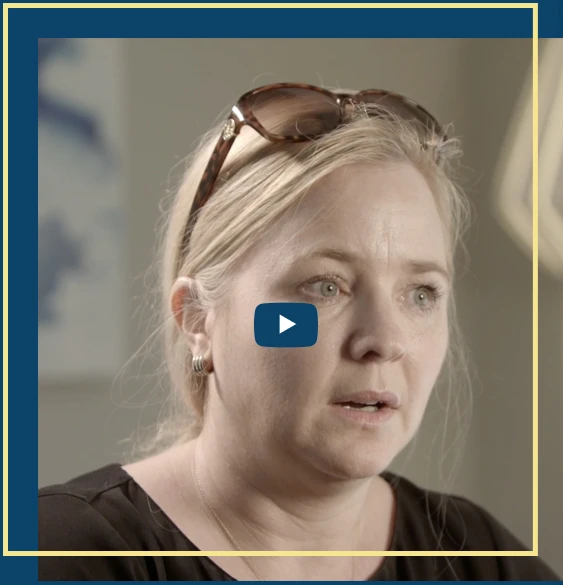If you find yourself cutting back on your intake of food, either because you’re choosing to ration your meals or you’ve read about the benefits of intermittent fasting, please read Fasting 101: A Restoration Healthcare Primer on Medically Supervised Fasting (see file to the right). As you’ll learn in this primer, fasting is the intentional abstinence or reduction from consuming some or all food, drink, or both, for a specific period of time.
The practice has as many health-related benefits as it does widely held but largely false beliefs. The primer offers an easy-to-read overview of what actually occurs to your body when you fast. In addition, we dispel myths — or “wrong thinking” — about the act of fasting itself. And finally, we offer suggestions related to the various methods of fasting, as well as information on where to go to learn more about fasting itself.







